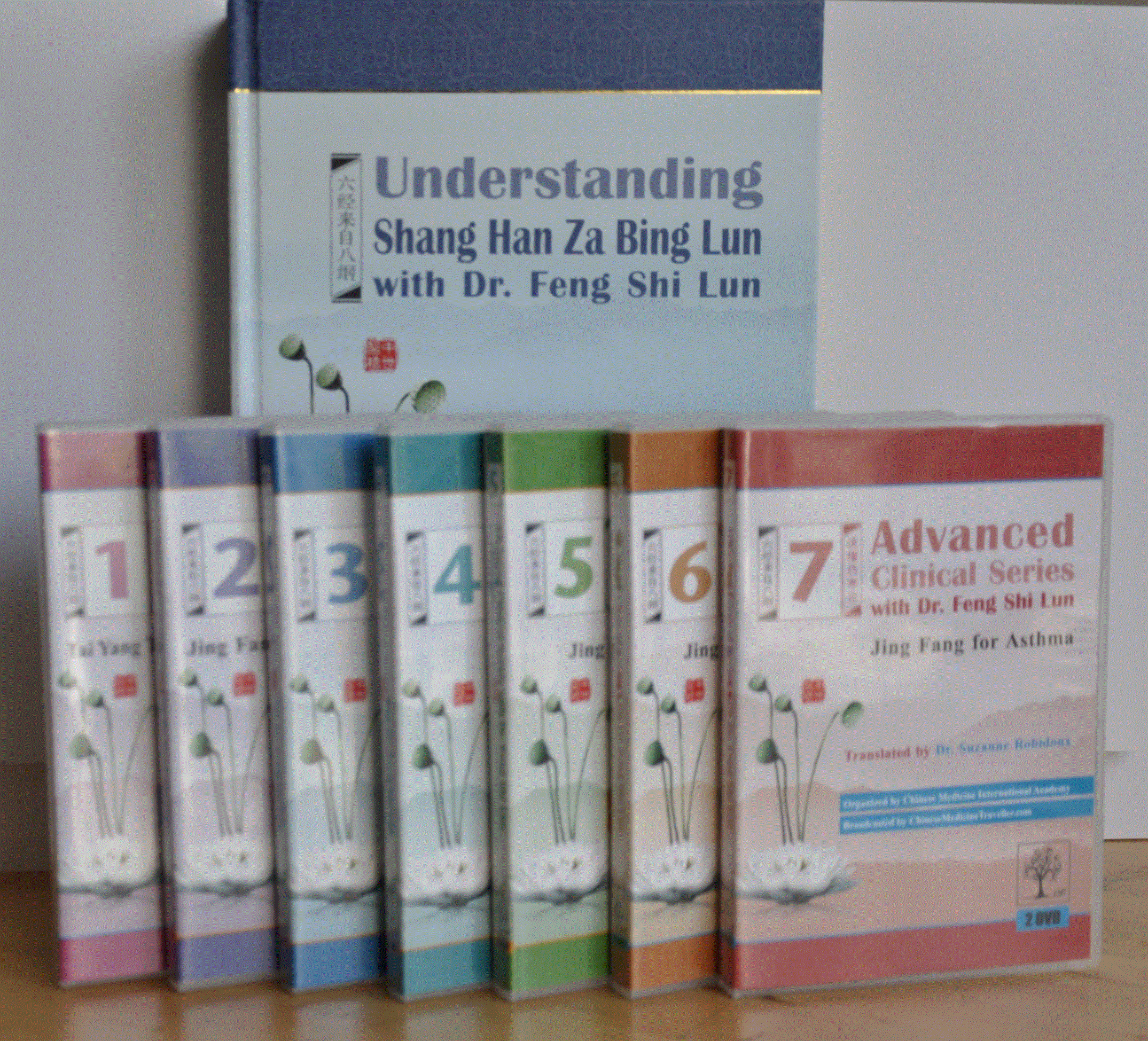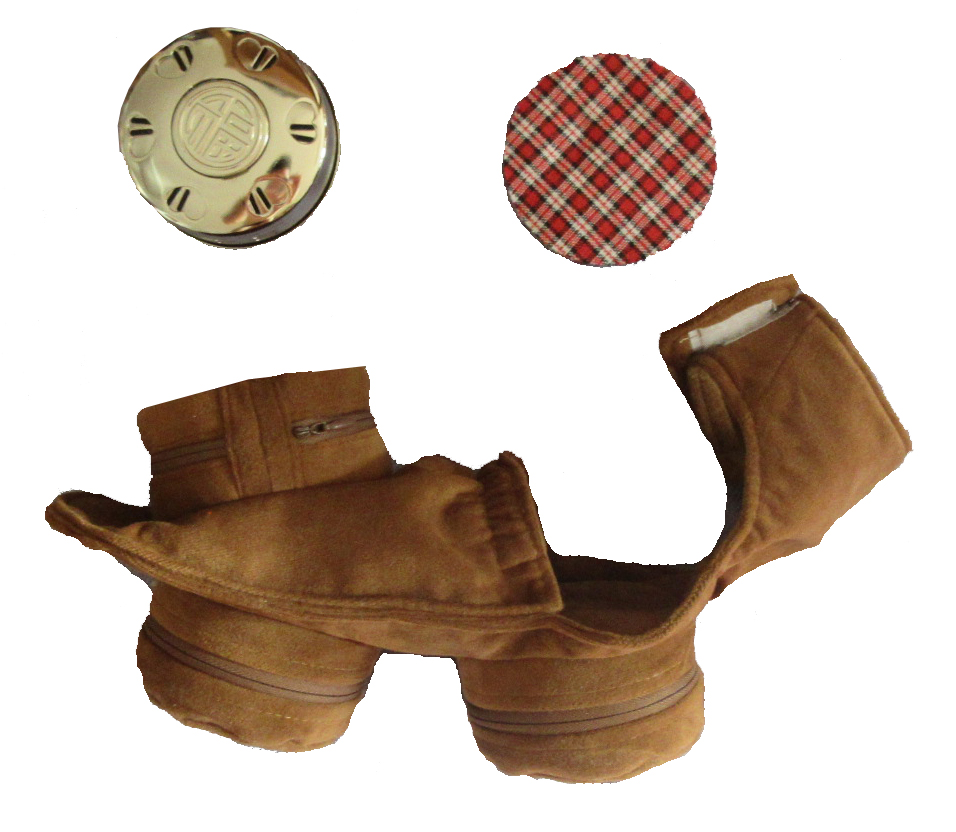Wu Mei Wan Pattern to treat Chest Pain
Clinical case reviewed in 2015 SHL webinar 4 with Dr. Feng
Ms. Yi Qing, 55 years old
1st consultation on February 8th, 2014
The patient suffered from left rib-sided distending pain for over a year, or pain at the upper part of the throat, bitter taste, dry mouth, belching, regular appetite, phlegm in the throat, cold limbs and difficult defecation. An endoscopy performed on August 2013 revealed: erosive gastritis (case record: intestinal metaplasia).
Other symptoms: Borborygmus when lying down, abdominal mass which would descend when palpated, sticky and difficult stools passed once every 1-2 days, she lost 30 pounds over the last year, greasy tongue coating and a thready pulse.
Six syndrome: Jue yin syndrome
Formula: Wu Mei Wan Qu Xi Xin Jia Chen Pi Tang
| Wu Mei | 15g | Huang Qin | 6g | Huang Lian | 3g | Gan Jiang | 10g |
| Dang Shen | 10g | Gui Zhi | 10g | Chuan Jiao | 10g | Chuan Fu Zi | 15g |
| Dang Gui | 10g | Chen Pi | 30g |
2nd consult, February 15th, 2014: Her left rib-side distention and pain resolved however she still had a bitter taste, reversal belching, a foreign object sensation in the throat, si ni and regular stools. She was prescribed the same formula by raising Gui Zhi to 18g.
Analysis: Chest pain most commonly appears in half-exterior half-interior syndromes of either yang type Shao Yang Syndrome or Yin type of Jue yin Syndrome. In this case the heat above seen in he dry mouth and bitter taste, pain in the throat with the deficiency below seen in the symptoms of the sticky stool, borborygmus and cold limbs point to a half exterior half interior of the Jue yin syndrome with the upsurging of qi sensation creating the pain in the chest. Gui zhi is known to treat the symptoms of Upsurging of qi symptoms and so it was raised at the second consultation.
We can refer to Clause 326 which reads:
“Jue yin syndrome, if there is incessant thirst, qi rushes upwards to the heart, there is hot pain in the heart, hunger with no desire for food and vomiting of roundworms after eating, purging will cause incessant diarrhea”.
《伤寒论》第326条:厥阴之为病,消谒,气上撞心,心中疼热,饥而不欲食,食则吐蛔,下之利不止。
This clause describes a half-exterior half-interior yin syndrome characterized by heat in the upper and cold in the lower, where the degree of coldness is significantly more severe than Shao yang syndromes. The symptomatic presentation is very similar to the indications of a pathogen progressing from the exterior to the half-exterior half-interior as described in
Clause 97: “The blood is weak, qi is exhausted, pores are open, pathogens invade and blend with the correct qi, there is tightness below the ribs”.
《伤寒论》第97条:血弱气尽,腠理开,邪气因入,与正气相搏,结于胁下。
This patient also presented with a body fluid depletion which permitted the pathogen to penetrate to the half exterior half interior Jue Yin layer presenting with chest and rib-side pain, resulting in a half-exterior half-interior Jue yin syndrome. Since the diagnosis was correct the symptoms resolved quickly.














No comments yet.